Advice to Greg Hunt: ‘Deaths possible but travel bans necessary’
Medical advice relied on by the Morrison government to impose restrictions on travel from India warned there could be deaths and Australians could be left stranded.
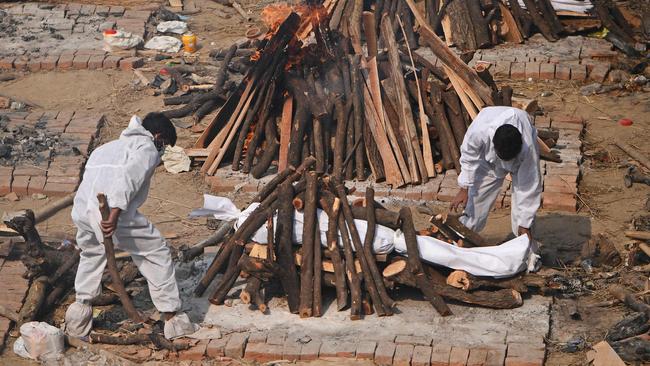
Medical advice relied on by the Morrison government to impose restrictions on travel from India warned there could be deaths and Australians could be left stranded without access to healthcare but concluded the emergency measures were necessary, effective and proportionate.
The advice, prepared by Chief Medical Officer Paul Kelly and released by the government on Monday, comes amid a deepening political stoush over the restrictions which threaten significant fines and prison sentences for those who attempt to evade them.
The advice was handed to Health Minister Greg Hunt on Friday, after which it became illegal for anyone who had been in India in the preceding fortnight to arrive in Australia. The government had stopped flights but Australians were still able to enter through third countries.
“Due to the high proportion of positive cases arising from arrivals from India, I consider a pause until 15 May, 2021, on arrivals from India to be an effective and proportionate measure to maintain the integrity of Australia’s quarantine system,” Professor Kelly wrote. But he warned of “potential consequences for Australian citizens and permanent residents as a result of this pause on flights and entry into Australia”.
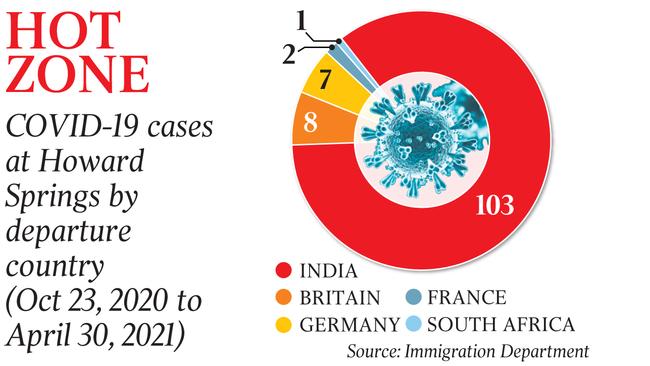
“These include the risk of serious illness without access to healthcare, the potential for Australians to be stranded in a transit country and, in a worst-case scenario, deaths,” the advice reads.
Anthony Albanese on Monday criticised the government’s “lock out or locked up” policy while human rights advocates suggested the ban might not be legal.
The Australian understands several Coalition MPs have also raised their concerns about the strict measures — which includes the threat of a $66,000 fine or a five-year jail sentence — with senior members of the government in recent days.
While the government would not confirm it had received legal advice about the measures, Mr Hunt said it was his “absolute belief” the prohibition on travellers returning from India was legal.
“It is longstanding practice across multiple governments that government does not release its legal advice. We are confident in the sound legal basis of this determination,” a spokesman said.
Scott Morrison earlier noted that no one had been jailed under the Biosecurity Act, the legislation that underpins the restrictions, and said it would be “used very, very carefully”.
“It’s important that we ensure that we have a temporary pause here to strengthen those arrangements in those quarantine facilities, get stronger testing arrangements, both when leaving India but also on people coming from third countries,” the Prime Minister told 2GB radio, adding the ban would be reviewed next week and was only ever intended as a “temporary arrangement”.
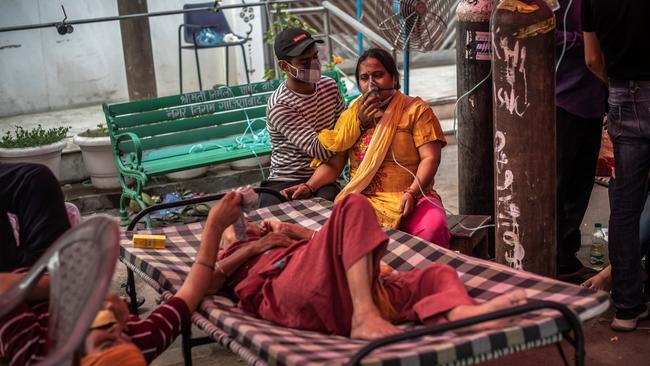
Government figures showed the last two repatriation flights of Australians from India on April 15 and 17 had 47 positive cases of COVID-19, with a positivity rate of 13.6 per cent.
There were another 84 people on those flights deemed to be close contacts and made to isolate.
Between October 23 and April 30, 85 per cent of COVID-19 cases detected in the Howard Springs quarantine facility in the Northern Territory came from India compared with 6 per cent from Britain and Germany, 2 per cent from France and 1 per cent from South Africa.
Writing to Mr Hunt on Friday, Professor Kelly said emergency powers to stop all travel from India under a section of the Biosecurity act that had never been used before were “necessary”.
New Zealand Prime Minister Jacinda Ardern banned flights from India from April 11 to 28.
Mr Hunt said COVID-19 cases in hotel quarantine from India had increased 15-fold from 14 in the month of February to 210 in April, triggering his decision to invoke the emergency powers.
“That led to an agonising decision. But just as we did with China, just as we had to do with PNG, when we saw the increase in the number of cases, and therefore the risk of incursion to our medical system, we had to make decisions (to ban flights). This is temporary. It is due to expire,” he said.
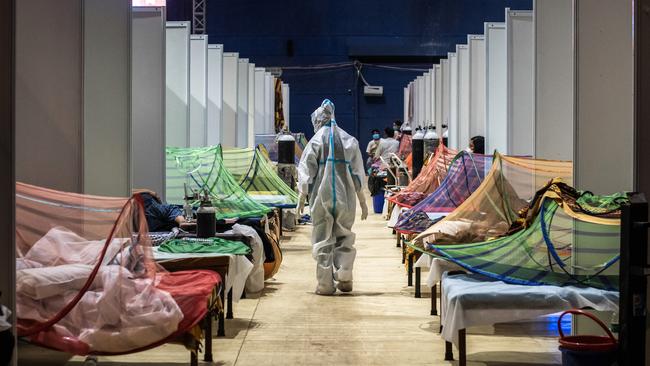
Australia’s health experts advising national cabinet have agreed that an infection rate in hotel quarantine of more than 2 per cent warranted a “harder, wider, different” approach such as a ban on flights.
Queensland Nationals senator Matthew Canavan said: “We should be helping Aussies in India return, not jailing them.”
“Let’s fix our quarantine system rather than leave our fellow Australians stranded,” he said.
Victorian Liberal MP Katie Allen, previously director of population health at Murdoch Children’s Research Institute, said the penalties made her “uncomfortable” but extra time was needed to improve contact tracing for people coming out of quarantine.
NSW Liberal MP Dave Sharma, the former Australian ambassador to Israel whose father is of Indian heritage, said the penalties were “extreme” and hoped they would only be a “last resort”.
“There is little doubt this is an extreme measure, and is causing significant hardship to the Australian Indian community,” he said.
“It can only be justified on the basis of the unprecedented outbreak in India under way and the significantly heightened risk which this poses.”
Mr Albanese, however, said the government had “obligations to citizens”, a “fundamental right that this government seems to have ignored”.

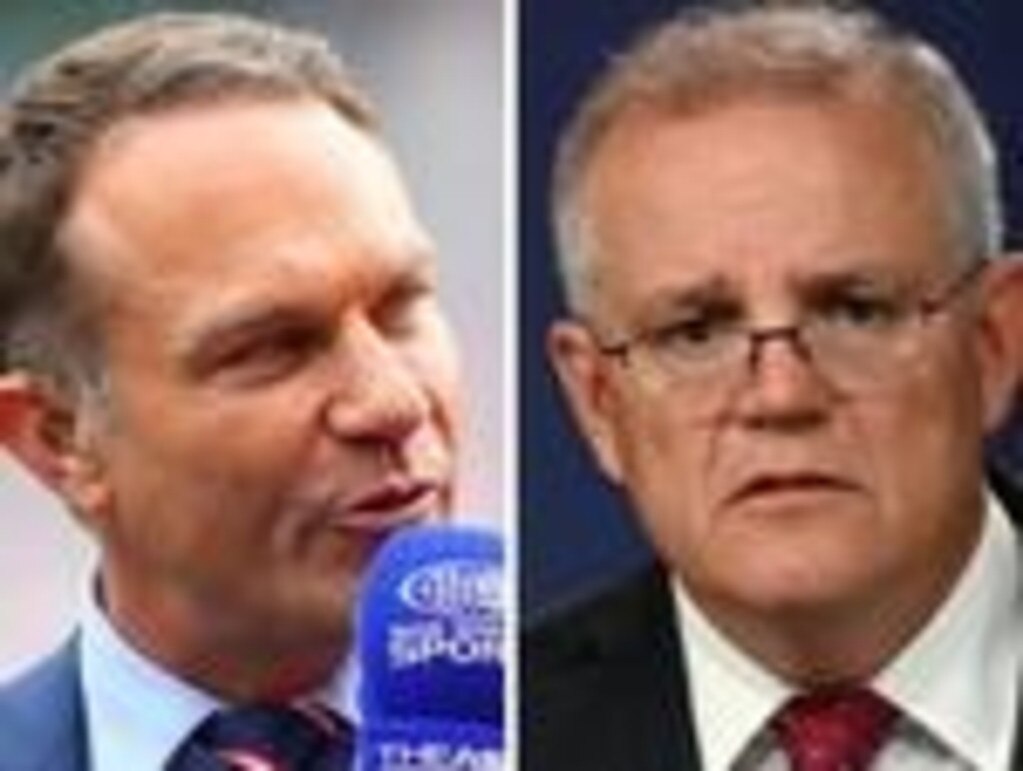

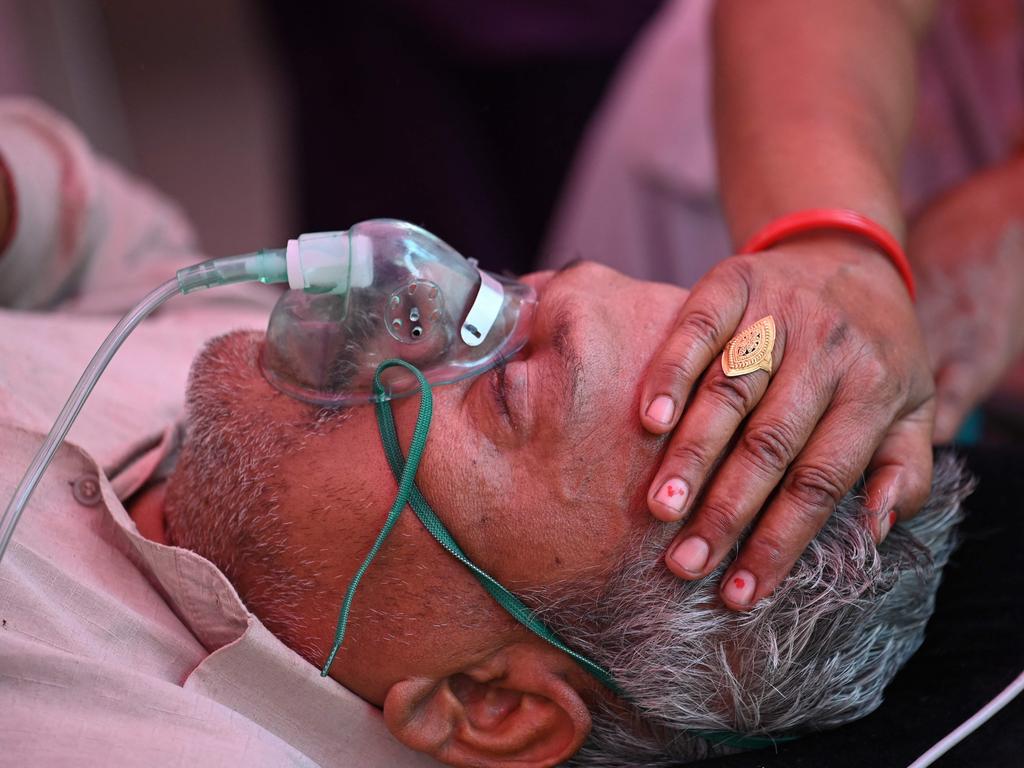



To join the conversation, please log in. Don't have an account? Register
Join the conversation, you are commenting as Logout